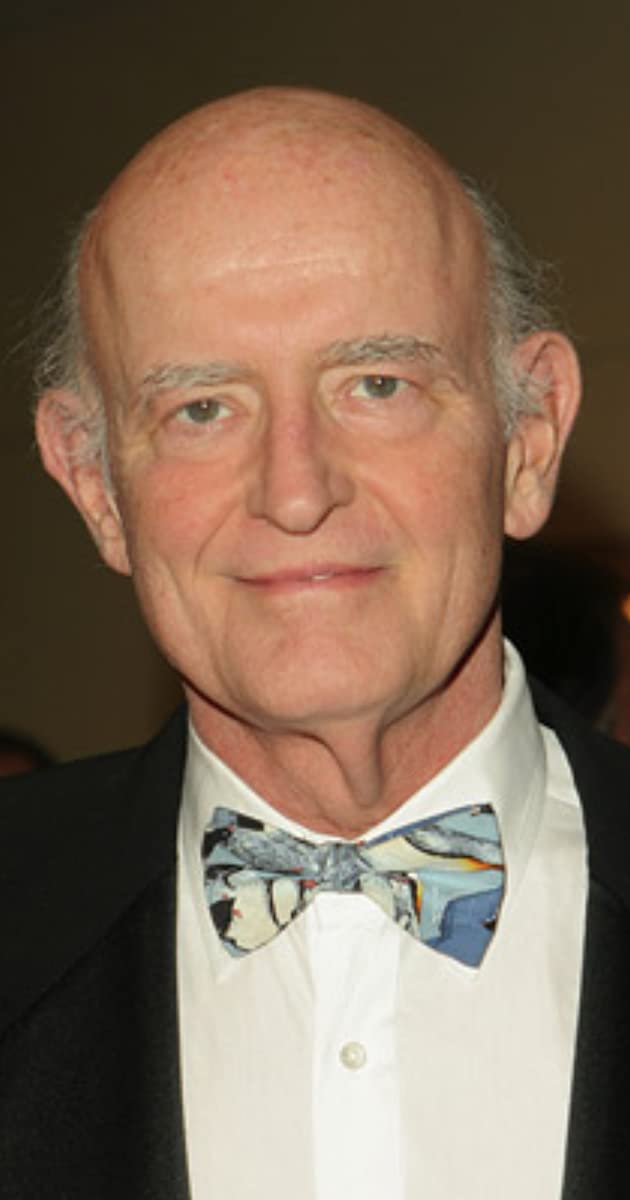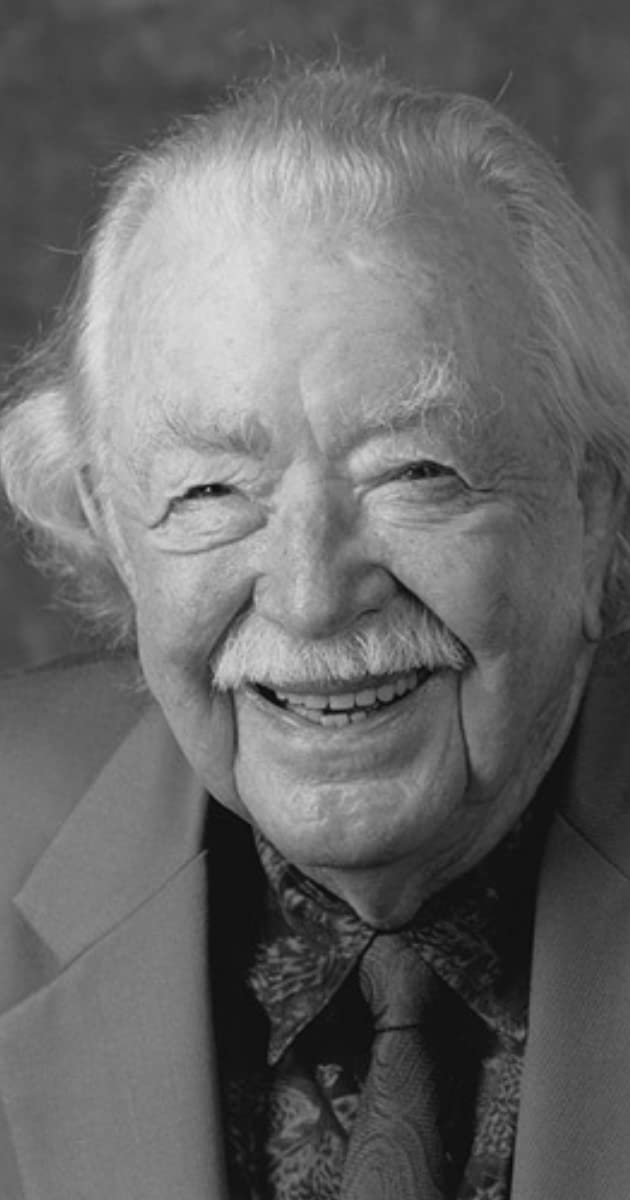
A bold, blunt instrument of hatred and violence at the onset of his film career, Peter Boyle recoiled from that repugnant, politically incorrect “working class” image to eventually play gruff, gentler bears and even comedy monsters in a career that lasted four decades.
He was born on October 18, 1935, in Norristown, Pennsylvania, to Alice (Lewis) and Francis Xavier Boyle. He eventually moved to Philadelphia, where his father was a sought-after local TV personality and children’s show host. His paternal grandparents were Irish immigrants, and his mother was of mostly French and British Isles descent. Following a solid Catholic upbringing (he attended a Catholic high school), Peter was a sensitive youth and joined the Christian Brothers religious order at one point while attending La Salle University in Philadelphia. He left the monastery after only a few years when he “lost” his calling.
Bent on an acting career, Boyle initially studied with guru Uta Hagen in New York. The tall (6′ 2″), hulking, prematurely bald actor wannabe struggled through a variety of odd jobs (postal worker, waiter, bouncer) while simultaneously building up his credits on stage and waiting for that first big break. Things started progressing for him after appearing in the national company of “The Odd Couple” in 1965 and landing TV commercials on the sly. In the late 60s he joined Chicago’s Second City improv group and made his Broadway debut as a replacement for Peter Bonerz in Paul Sills’ “Story Theatre” (1971) (Sills was the founder of Second City). Peter’s breakout film role did not come without controversy as the hateful, hardhat-donning bigot-turned-murderer Joe (1970) in a tense, violence-prone film directed by John G. Avildsen. The role led to major notoriety, however, and some daunting supporting parts in A Date with a Lonely Girl (1971), Slither (1973) and as Robert Redford’s calculating campaign manager in The Candidate (1972). During this time his political radicalism found a visible platform after joining Jane Fonda and Donald Sutherland on anti-war crusades, which would include the anti-establishment picture Steelyard Blues (1973). This period also saw the forging of a strong friendship with former Beatle John Lennon.
Destined to be cast as monstrous undesirables throughout much of his career, he played a monster of another sort in his early film days, and thus avoided a complete stereotype as a film abhorrent. His hilarious, sexually potent Frankenstein’s Monster in the cult Mel Brooks spoof Young Frankenstein (1974) saw him in a sympathetic and certainly more humorous vein. His creature’s first public viewing, in which Boyle shares an adroit tap-dancing scene with “creator” Gene Wilder in full Fred Astaire regalia, was a show-stopping audience pleaser. Late 70s filmgoers continued to witness Boyle in seamy, urban settings with brutish roles in Taxi Driver (1976) and The Hardcore Life (1979). At the same time he addressed several TV mini-movie roles with the same brilliant darkness such as his Senator Joe McCarthy in Tail Gunner Joe (1977), for which he received an Emmy nomination, and his murderous, knife-wielding Fatso in the miniseries remake of From Here to Eternity (1979).
While the following decade found Peter in predominantly less noteworthy filming and a short-lived TV series lead as remote cop Joe Bash (1986), the 90s brought him Emmy glory (for a guest episode on The X Files (1993)). Despite a blood clot-induced stroke in 1990 that impaired his speech for six months, he ventured on and capped his enviable career on TV wielding funny but crass one-liners in the “Archie Bunker” mold on the long-running sitcom Everybody Loves Raymond (1996). A major Emmy blunder had Boyle earning seven nominations for his Frank Barrone character without a win, the only prime player on the show unhonored. He survived a heart attack while on the set of “Everybody Loves Raymond” in 1999, but managed to return full time for the remainder of the series’ run through 2005.
Following a superb turn as Billy Bob Thornton’s unrepentantly racist father in the sobering Oscar-winner Monster’s Ball (2001), the remainder of his films were primarily situated in frivolous comedy fare such as Pluto Nash (2002), The Santa Clause 2 (2002), Scooby-Doo 2: Monsters Unleashed (2004), and The Santa Clause 3: The Escape Clause (2006), typically playing cranky curmudgeons. Boyle died of multiple myeloma (bone-marrow cancer) and heart disease at New York Presbyterian Hospital in 2006, and was survived by his wife Lorraine and two children. He was 71.


